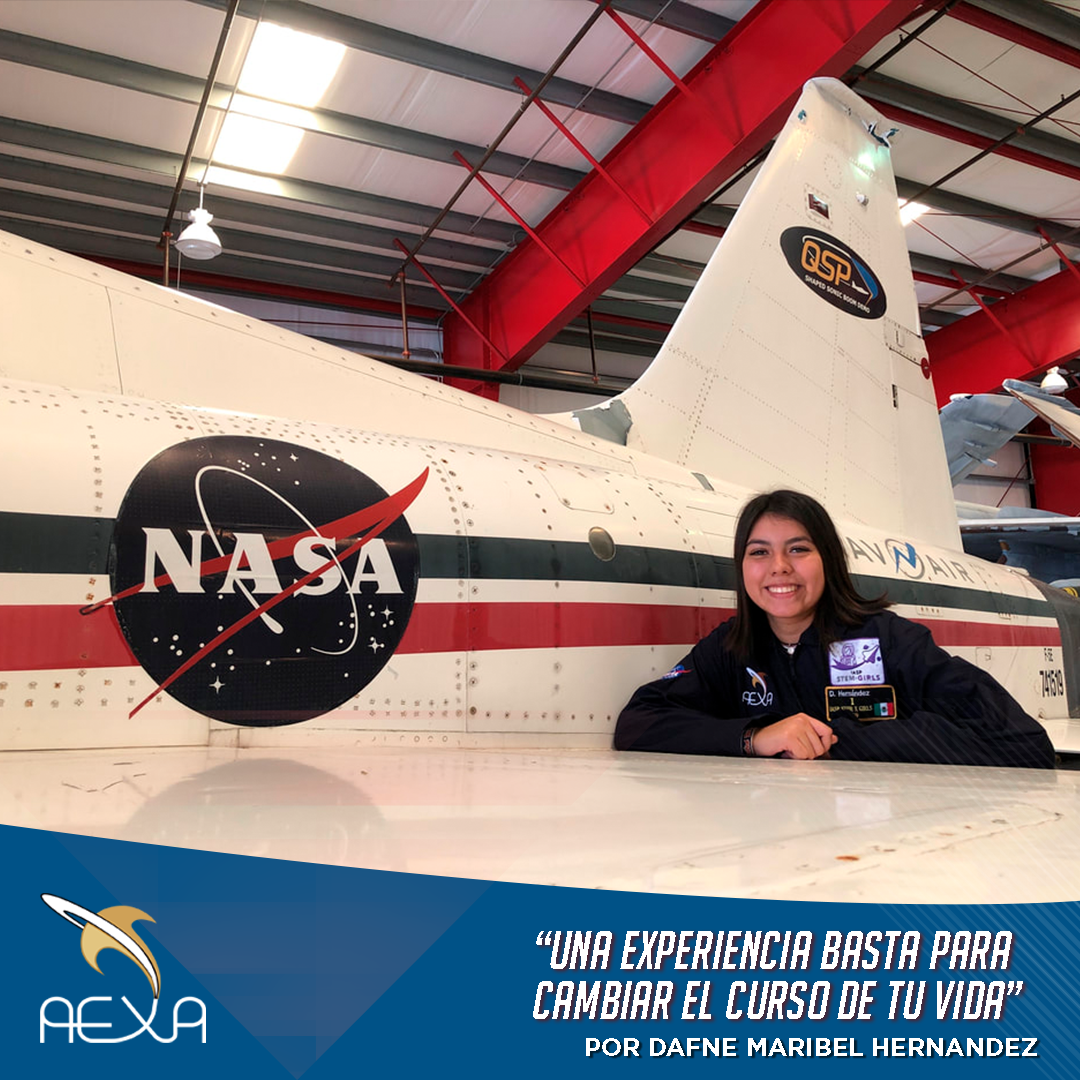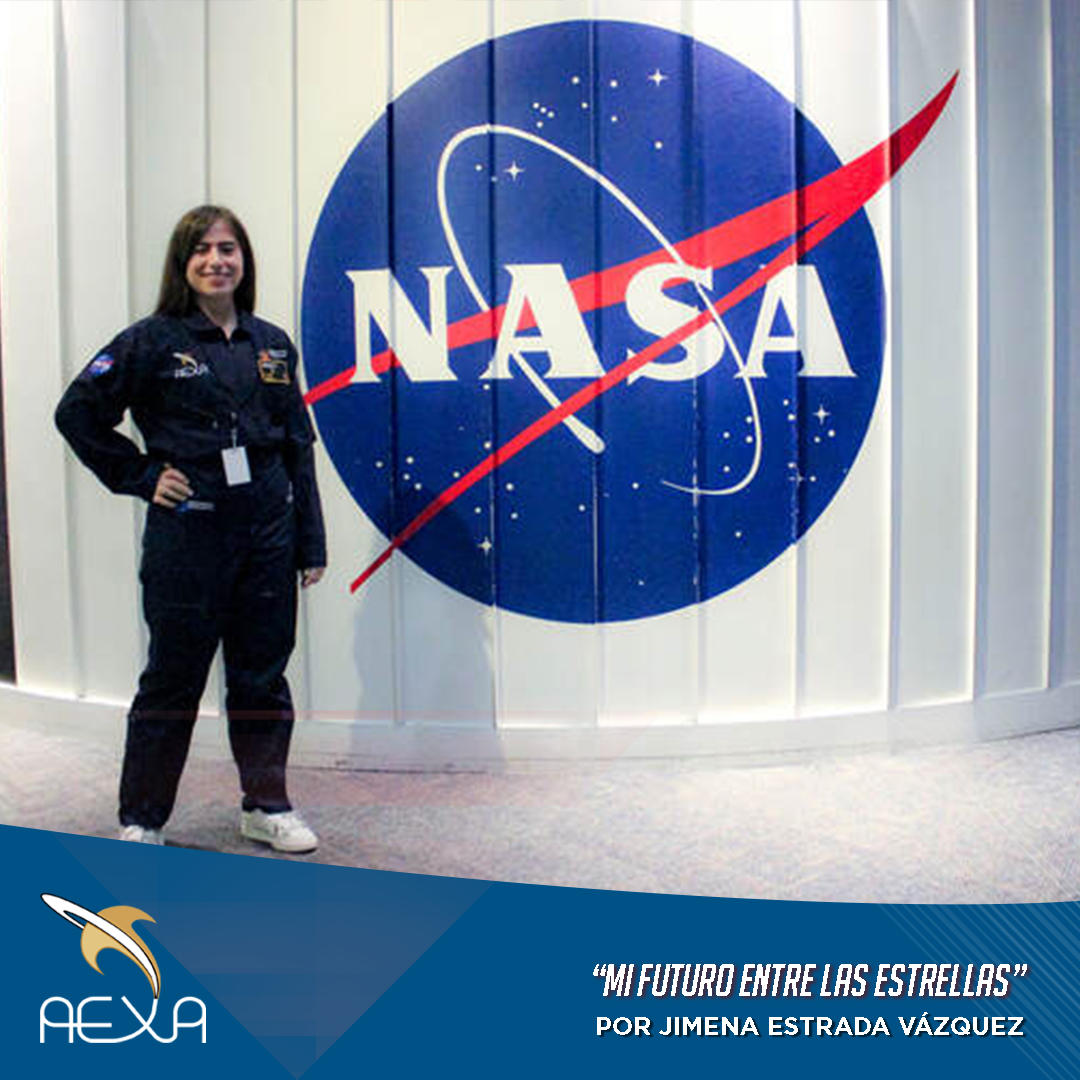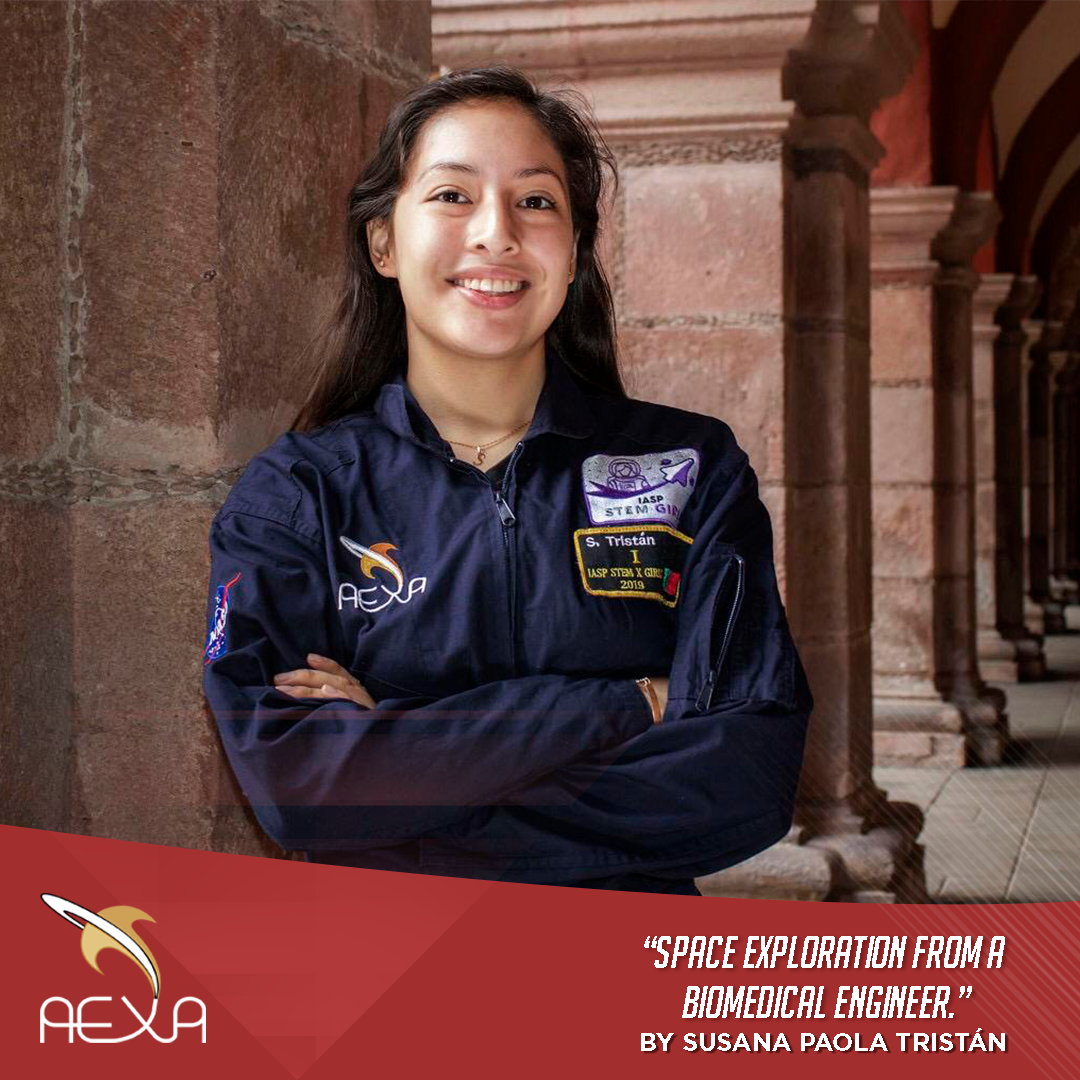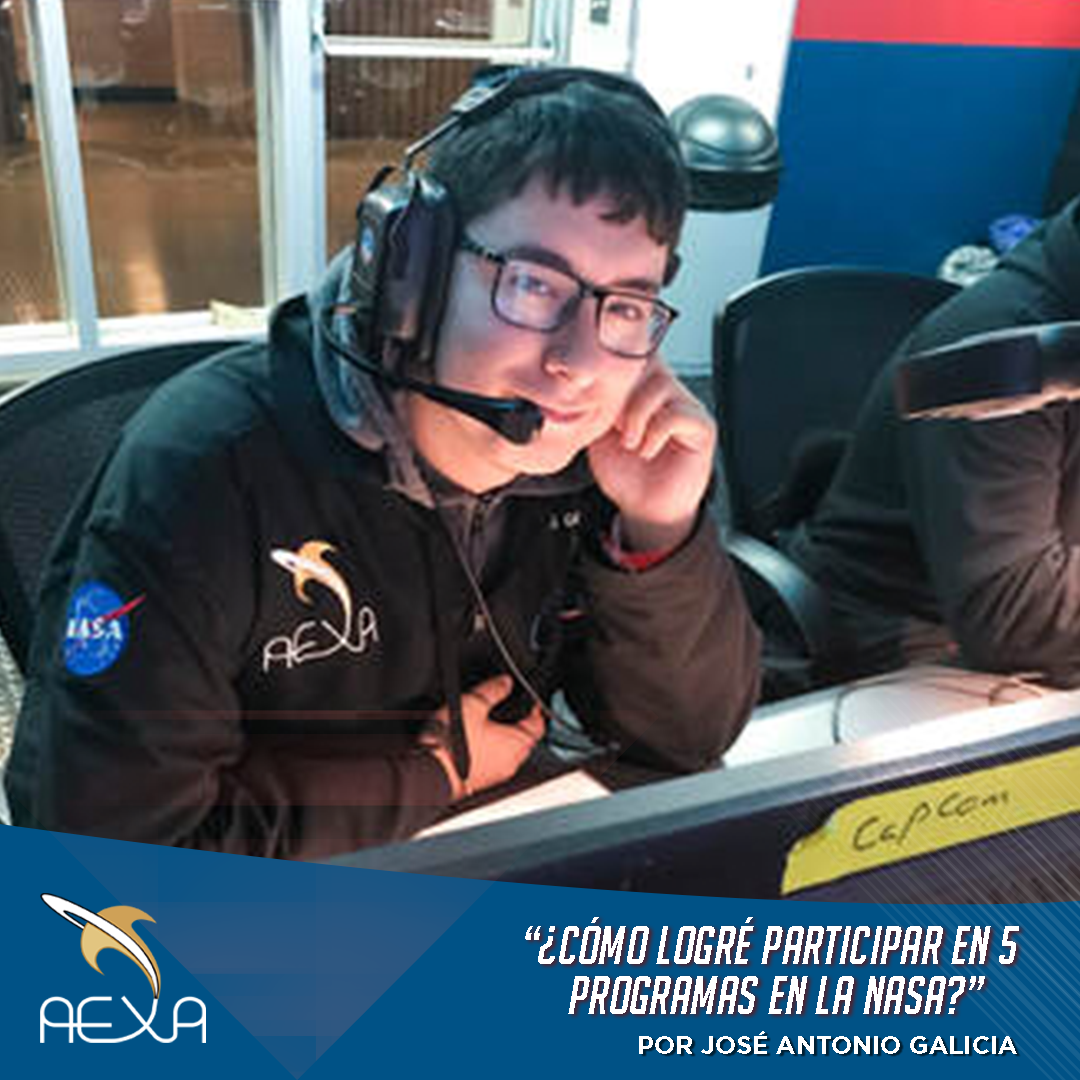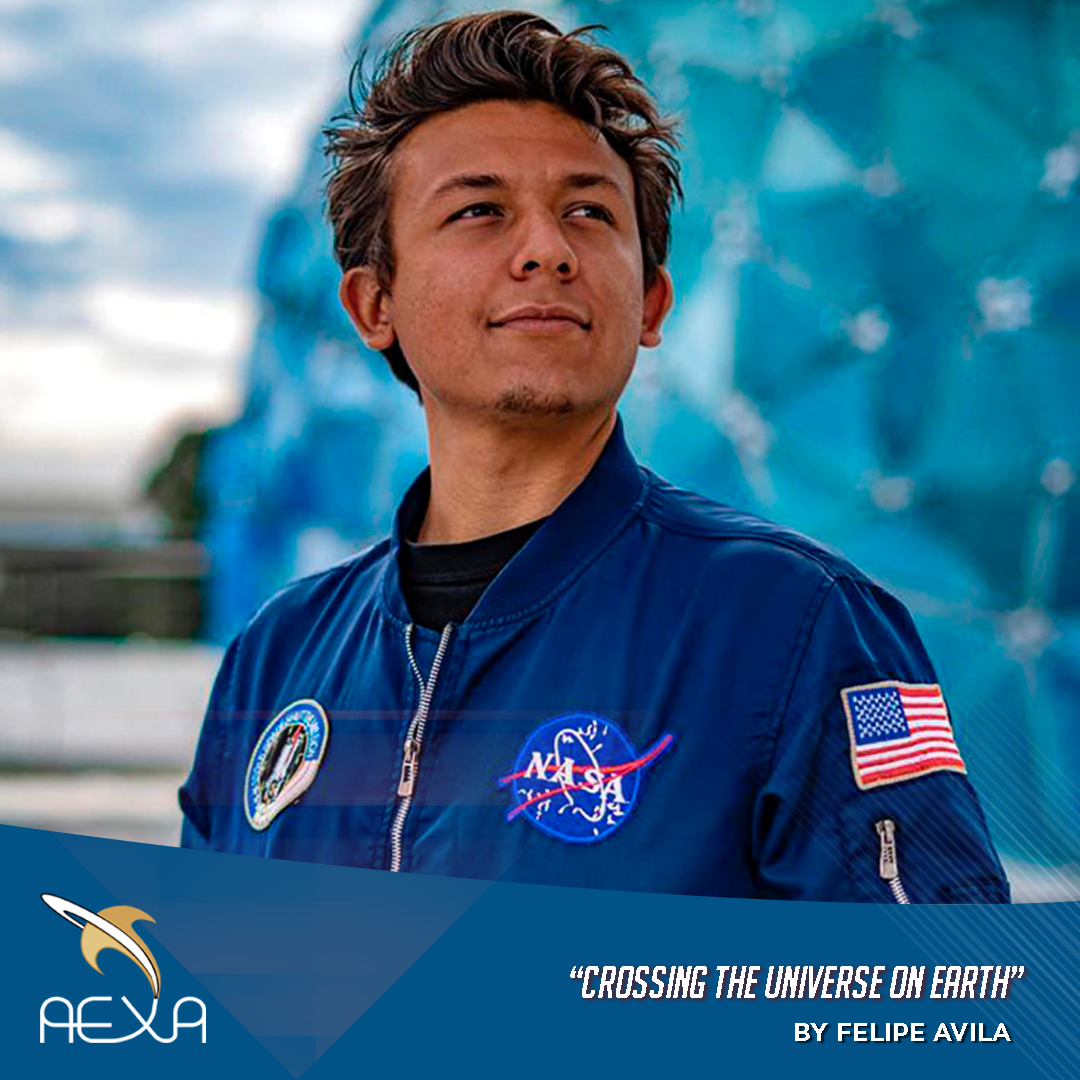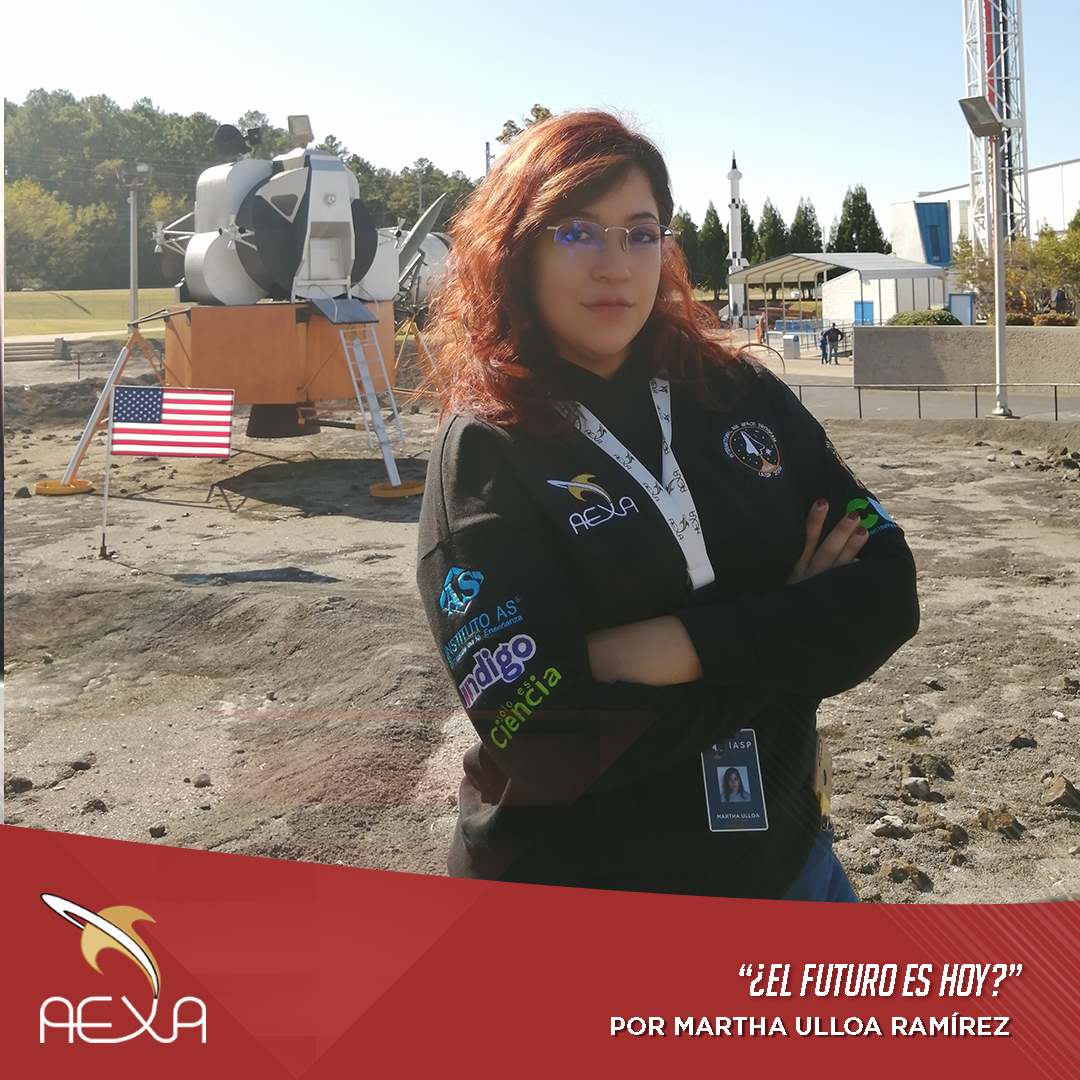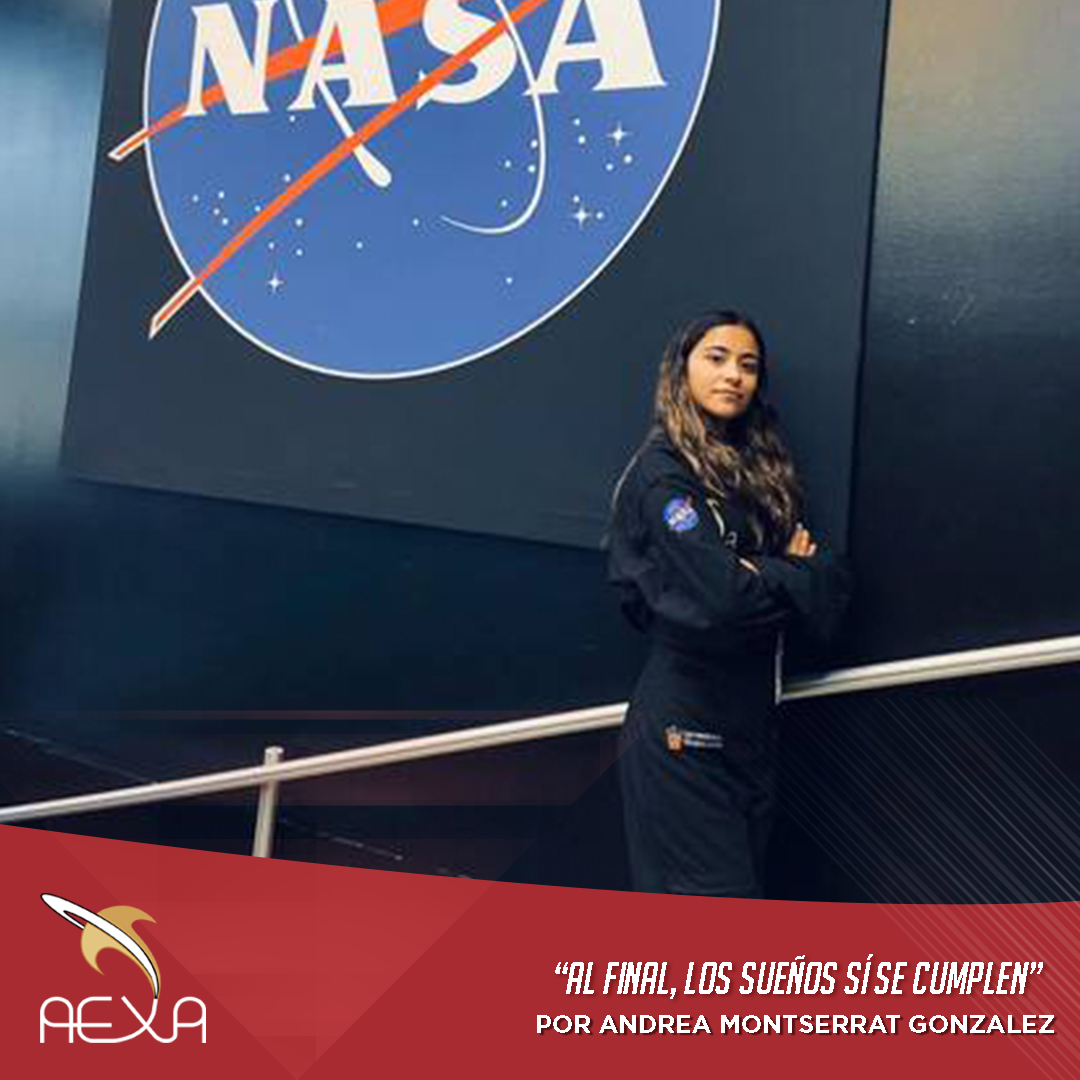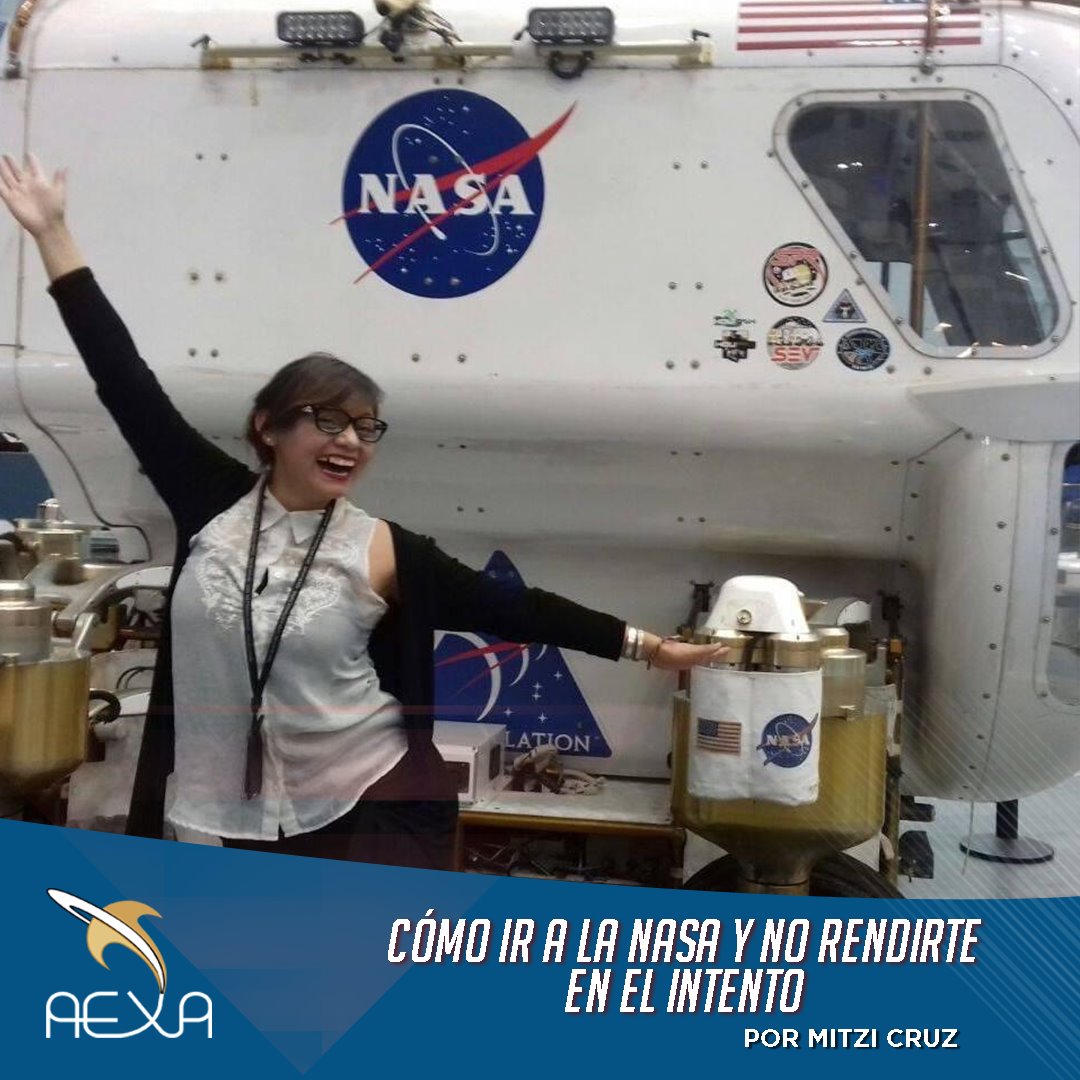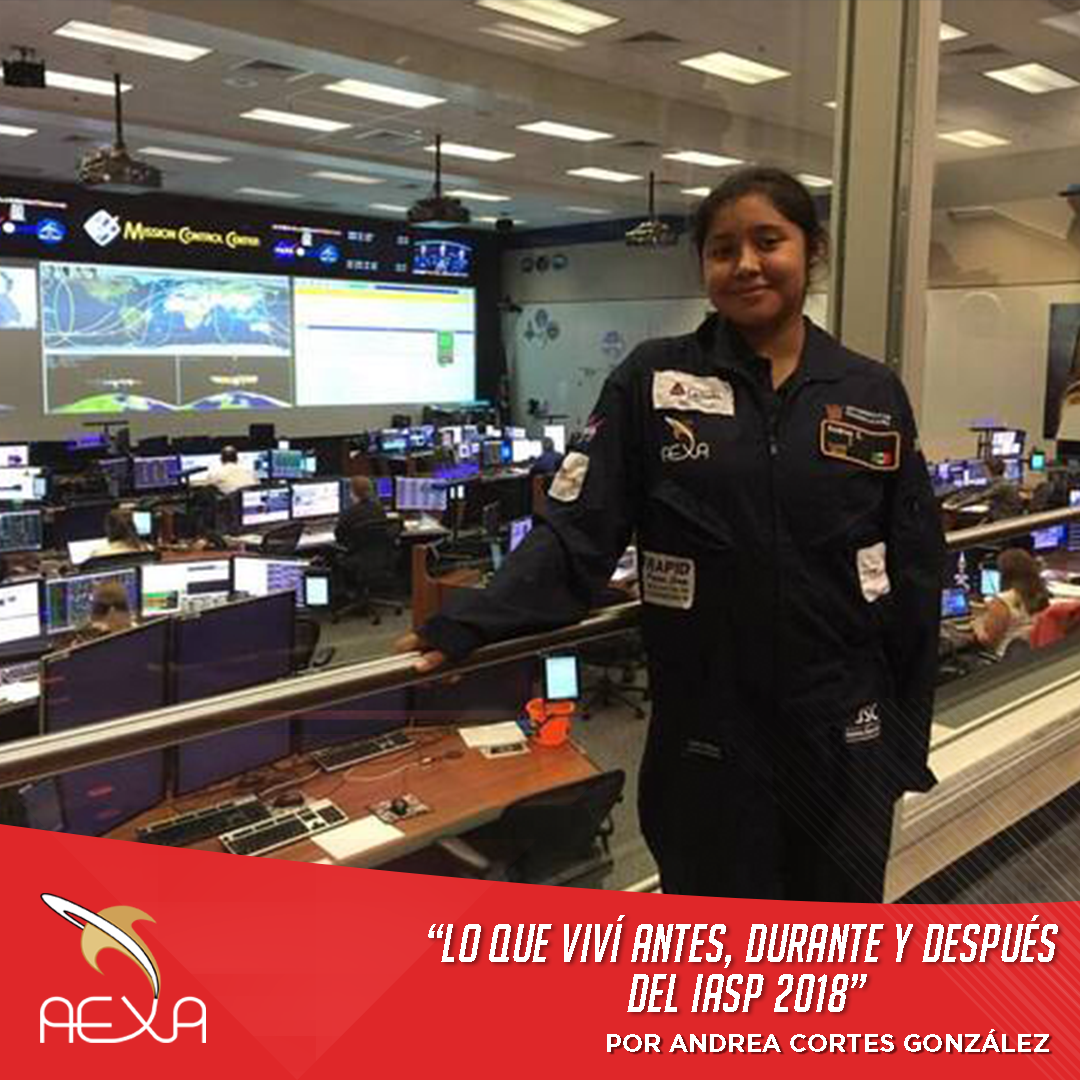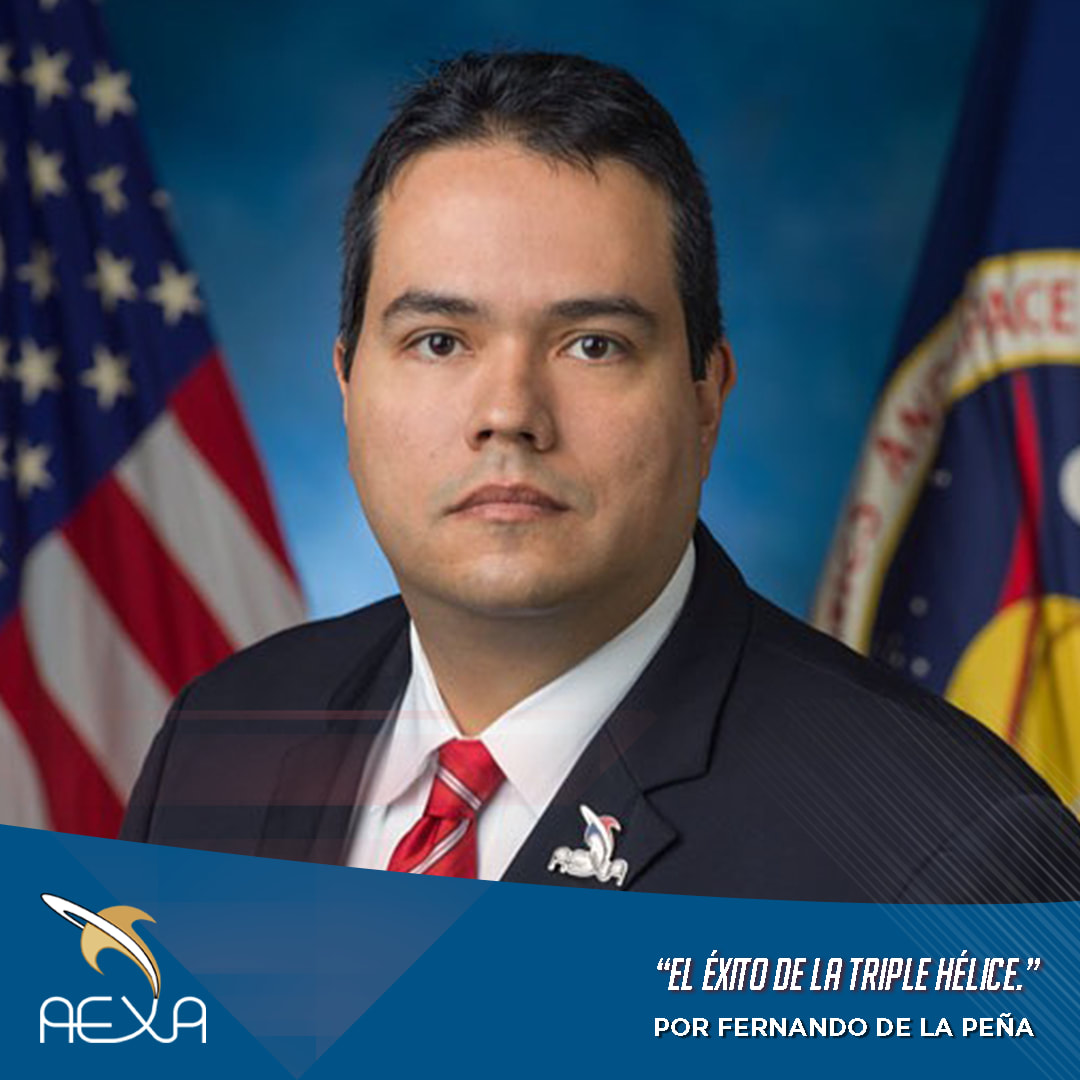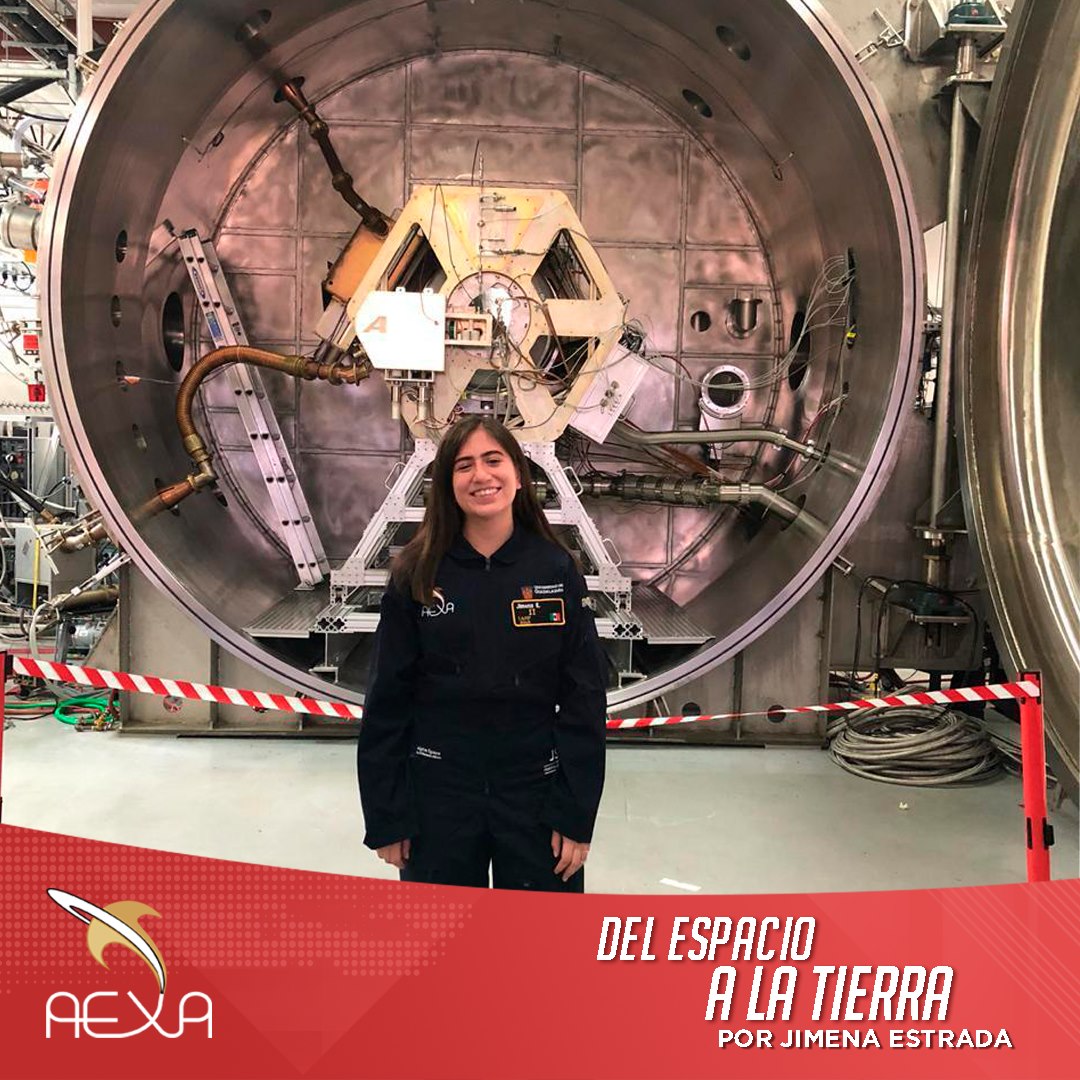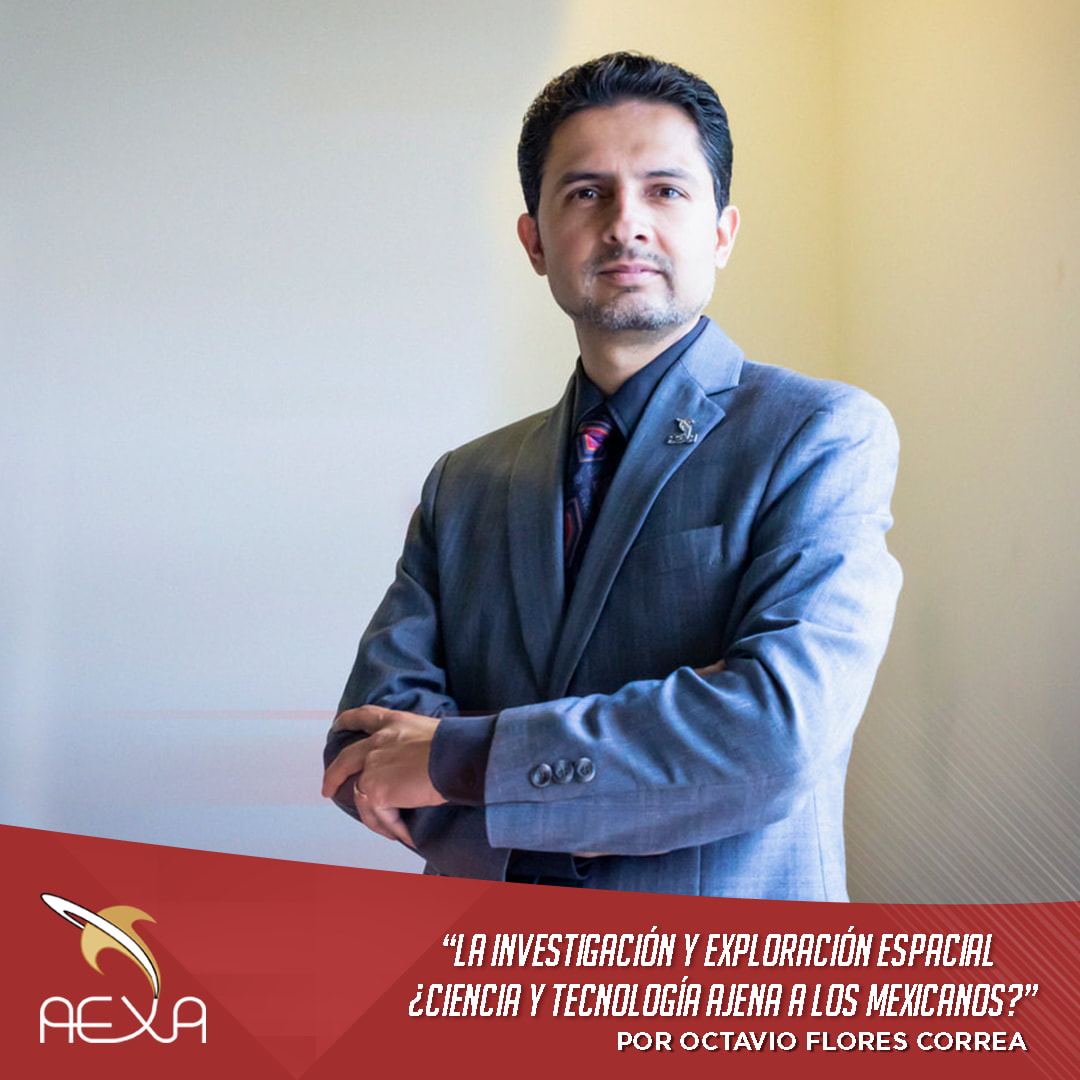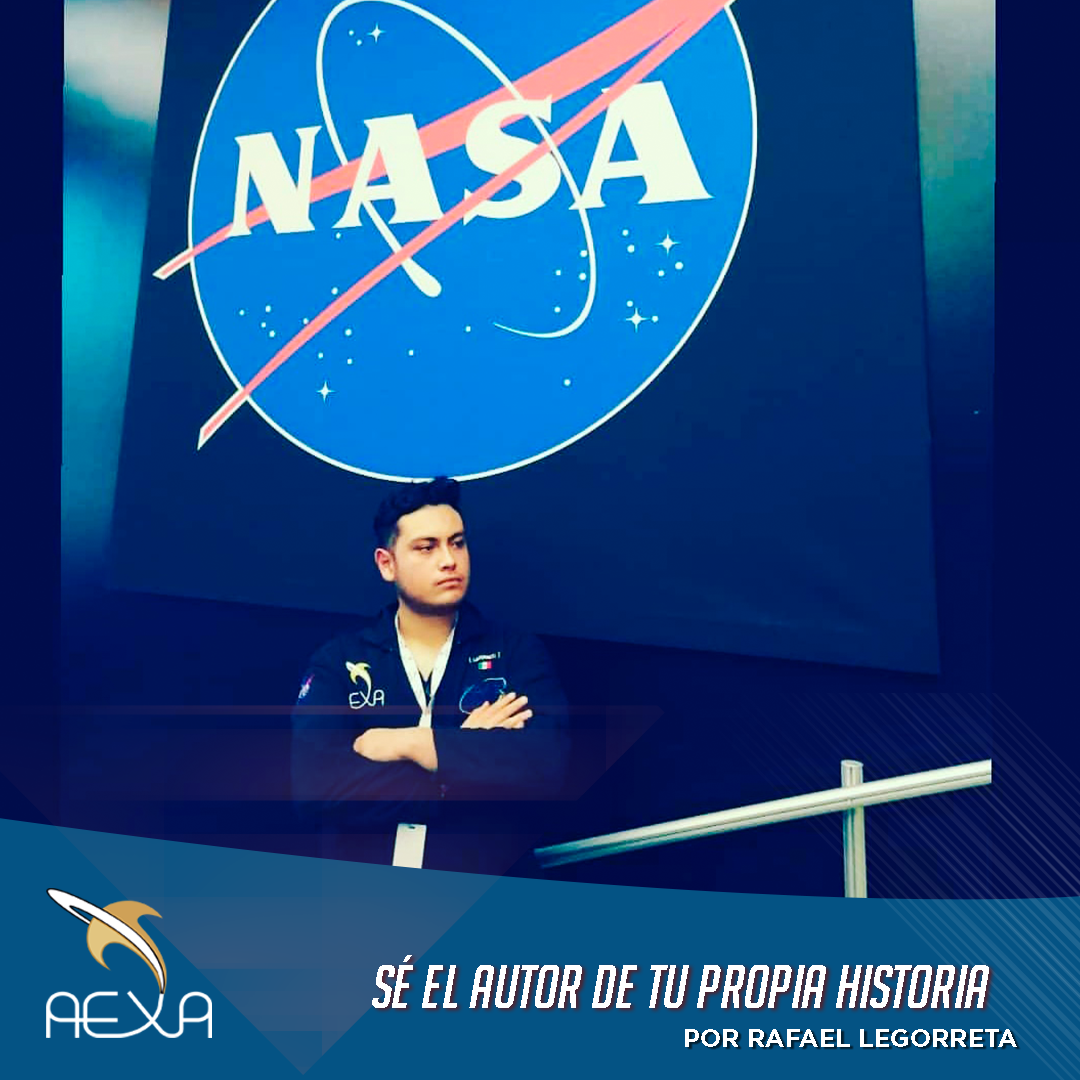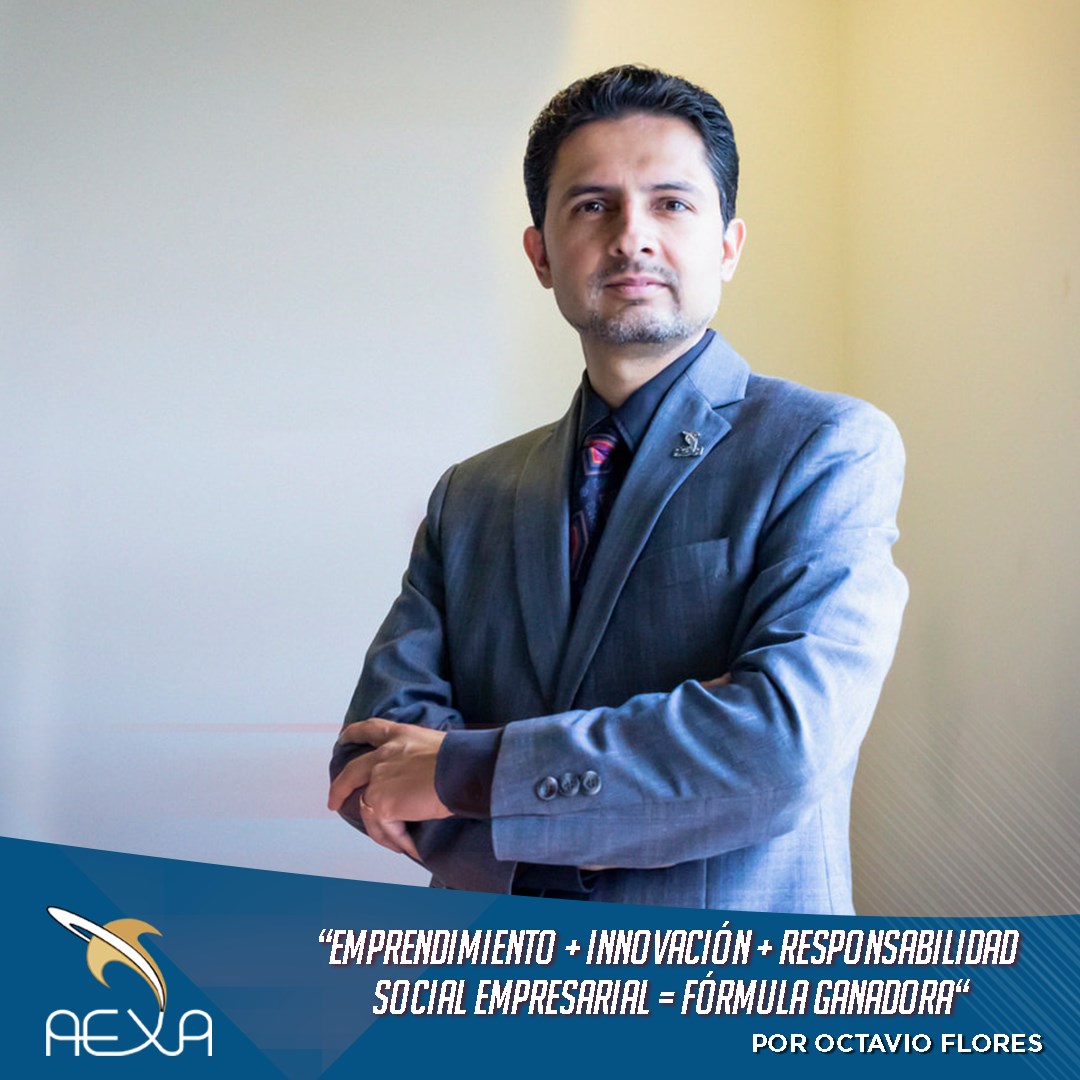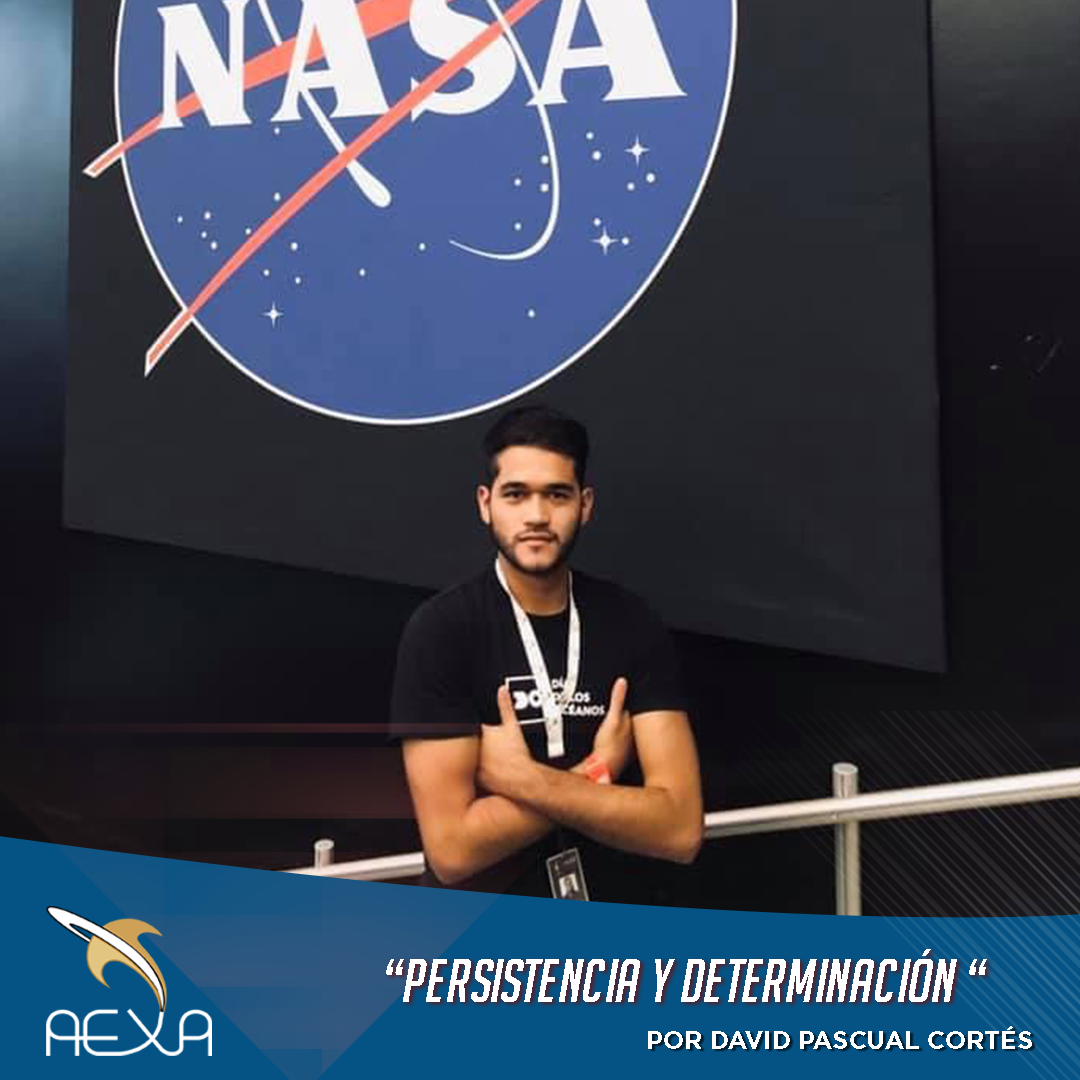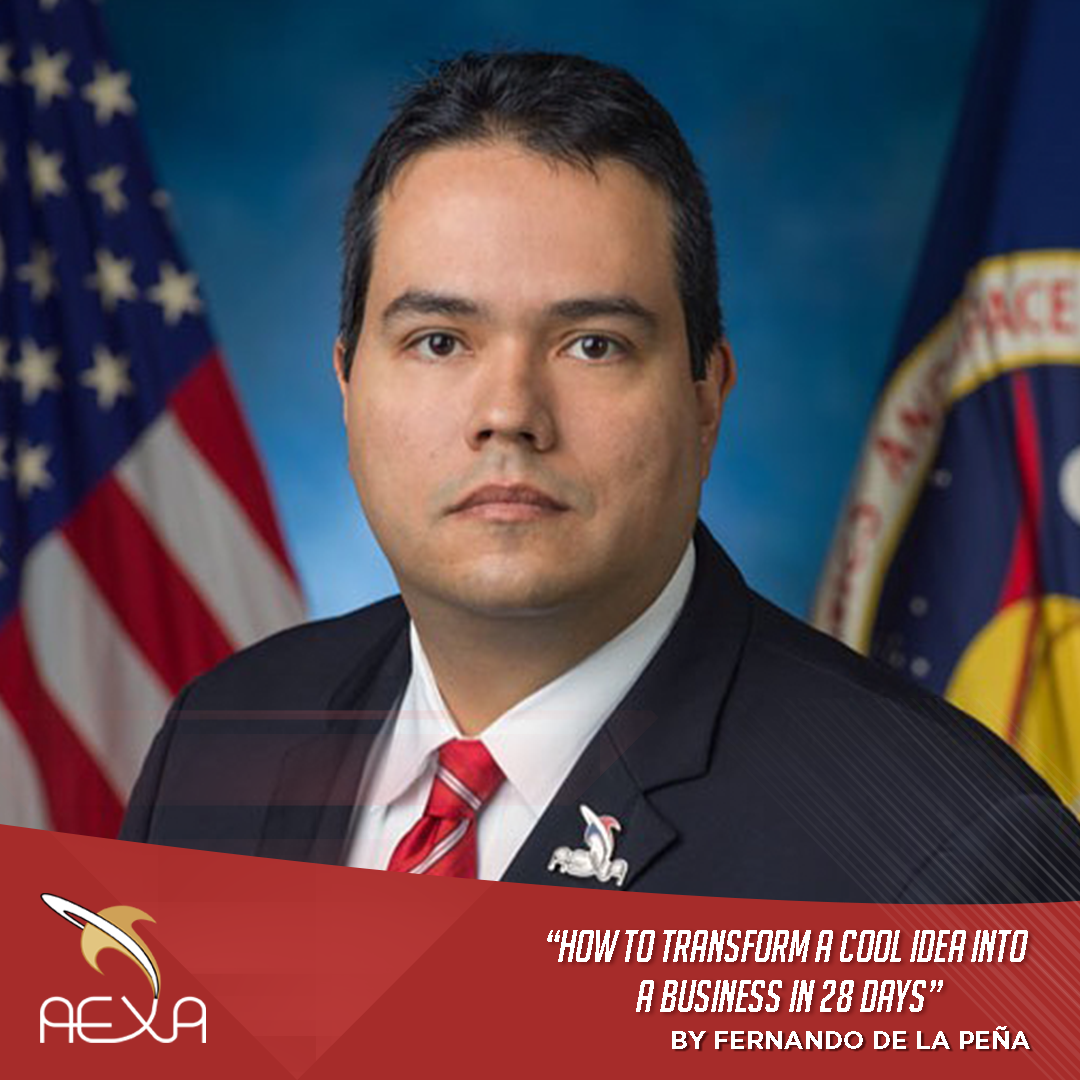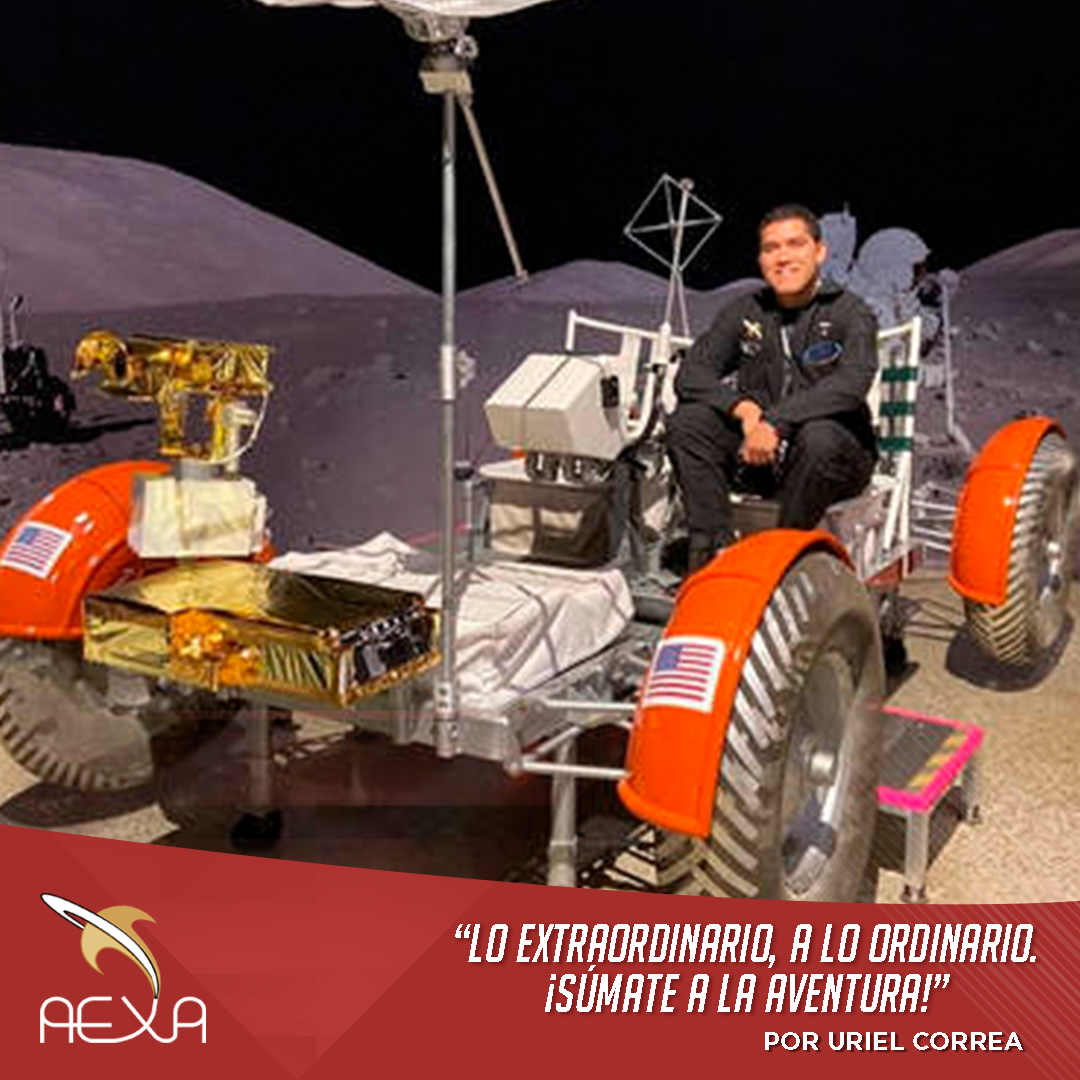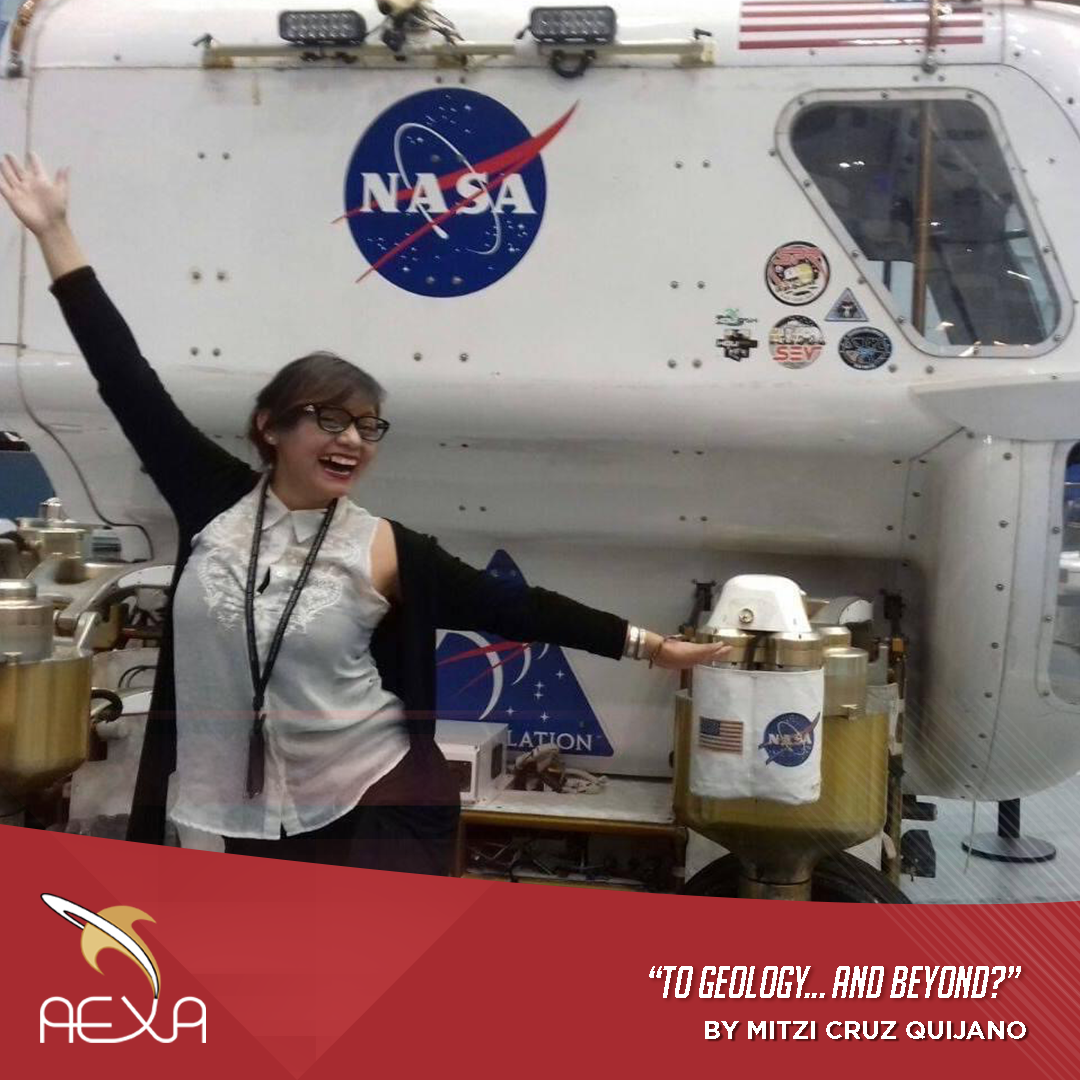¿Qué nos dice la teoría en resumen? Hace aproximadamente 13.8 mil millones de años, el universo era demasiado caliente, comprimido y denso hasta llegar a un punto de ser singular infinitesimal, pero no se sabe con exactitud a que es debido todo esto. Hasta ahora hay teorías que nos indican que todo esto fue debido por una fluctuación cuántica o más bien una colisión entre universos dentro de un multiverso. A modo de que el Big Bang se seguía expandiendo, comenzaba a enfriarse; esto causó que se formaran partículas subatómicas como, por ejemplo: quarks, electrones y fotones. Estas se movilizaban a grandes velocidades y se estrellaban entre ellas mismas en un rumbo constante. Asimismo en 380,000 años aproximadamente después se lograron formar los átomos y la radiación cósmica, el universo ya se había enfriado lo suficiente para que aquellas partículas subatómicas hayan pasado de ser inestables a estables, así fue como los electrones se unieron con los núcleos atómicos formando así a los átomos estables; a todo este proceso se le tiene por nombre “recombinación”, este proceso hizo que liberara una fuerte cantidad de energía, pero de diferente forma, a esto se le nombró como “radiación electromagnética” y de esta radiación se derivó otra cuyo nombre es radiación cósmica de fondo de microondas. (Aún se logra detectar dicha radiación, lo que la hace una prueba rígida del Big Bang). A forma de que el universo sigue expandiéndose de igual manera evolucionándose; el Big Bang nos sigue dando una libre observación de la mayor parte de la abundancia de ciertos elementos, la liberación y el comportamiento de la radiación, creación y muerte de cuerpos/estructuras astronómicas. A pesar de eso, de tener una teoría sólida, aún existen muchas preguntas sin respuesta, aún hay demasiadas dudas sobre el origen del universo, no solo de este, sino que se le deriva el origen de la energía, materia oscura, un origen de todo se podría decir; en este caso nos enfocaremos únicamente en el origen del universo, el comienzo de todo. La fluctuación cuántica, ¿Qué es? Ejemplos y resumen. Corresponde a las variaciones de menor tamaño que fueron aleatorias en los elementos de los campos cuánticos prontamente en el joven universo (universo temprano); ej. es decir, que se refiere a una semilla que siendo tan pequeña hizo que el universo pasara una expansión potencialmente ligera. Teniendo en cuenta que finalmente hemos tenido un breve resumen sobre lo que es la teoría del Big Bang, me encantaría compartir mis ideas. ¿El tiempo está íntimamente vinculado al universo? ¿Acaso el universo siempre ha existido? (Considerando que nosotros somos parte del universo, la palabra ‘aquí’ sería más apropiada, entonces, ¿Siempre ha estado aquí?) ¿Hacia dónde se dirige el universo, cuál será su final, es posible saberlo? ¿Por qué la expansión? ¿El universo es singular y si fuese así, por qué lo es? ¿Por qué existe la vida? ¿Tuvo, tiene o tendrá un propósito? El tiempo forma parte del universo (según Albert Einstein junto a su teoría), si antes no existía el universo, entonces no existía el tiempo determinado. El tiempo empezó a fluir en cuanto el Big Bang inició, lo que hace que el tiempo sea relativo. ¿Antes de que fuese creado todo, no existía tan siquiera un vacío? Como ejemplo quiero colocar cuando hablamos de un agujero negro, por naturaleza del humano nos planteamos la pregunta de ¿Cómo se formó? Bien, la respuesta en resumen es que un agujero negro se forma cuando una estrella masiva tiene un colapso gravitacional, estableciendo así lo que conocemos como el ‘espacio-tiempo’ y es tan singular que hasta en la actualidad absolutamente nada puede escapar de su fuerza de atracción, ni siquiera la misma luz. Al punto que deseo llegar es dar mi idea en la cual digo que de tal manera como una gran estructura astronómica tiene un empiezo, asimismo todo el universo conjunto lo tuvo, es imposible que el universo siempre haya estado inmóvil y situado desde siempre; si este sigue expandiéndose es porque tuvo un empiezo y actualmente está experimentando un tipo de perspectiva de crecimiento, tanto así que también lleva a un lugar conciso que es un final. En resumen, de todo esto, llegué a resolver mis 2 propias preguntas (¿El tiempo está íntimamente vinculado al universo? ¿Acaso el universo siempre ha existido? (Considerando que nosotros somos parte del universo, la palabra ‘aquí’ sería más apropiada, entonces, ¿Siempre ha estado aquí?)), no de tal manera afirmativa, pero me he basado de teorías la cuales coloco mi capacidad de entender y pensar, las conclusiones debido a toda mi investigación y también con pensamientos de grandes científicos que se han dedicado en la busca de una explicación del inicio del universo. Siguiendo, ahora mismo me enfocaré en responder las otras interrogantes que me he planteado. ¿Hacia dónde se dirige nuestro universo, cuál será su final…? ¿Lo podremos saber en algún momento? No puede haber un tipo de mapa tal que nos sugiera definidamente como es el universo, ya que este se expande de manera acelerada, no sabemos con exactitud a dónde se dirige, cuál es su destino; pero dentro de un rango de teorías, si tenemos la oportunidad de suponer como terminará todo o se volverá a regenerar, se encuentran muchas teorías que nos indican que el universo llegará a un final ya siendo por:
Estas son algunas teorías que nos sugieren como podría terminar nuestro universo. Ya dejando claro algunas teorías, seguimos con el, ¿Por qué la expansión? ¿El universo es singular y si fuese así, por qué lo es? La expansión se lleva a cabo por la energía oscura, esta desarrolla una fuerza que es lo suficiente repulsiva para hacer expandir al universo; según científicos, la energía oscura es el 70% de lo que compone al universo actual. Mientras tanto, con la siguiente pregunta que me hice, el universo nació siendo singular, de hecho, se sabe que la singularidad del Big Bang es más suave que la de la relatividad general clásica, es decir, que la teoría del Big Bang es posible resolverla en teorías más completas como por ejemplo con la teoría de cuerdas y la de la relatividad general clásica sería todo lo contrario. El tener varias problemáticas con las leyes de la física o no poder aplicarlas, eso es lo que hace singular a la teoría. Dejando de lado y haber explicado por qué la expansión, por qué la singularidad del universo y qué los hace singular, quiero responder mis últimas dos preguntas, ¿Por qué existe la vida? ¿Tuvo, tiene o tendrá un propósito? En este punto muchos de ustedes creerán que me he salido un tanto del tema por enfocarme en el ámbito biológico y filosófico de la vida/ciencia, pero como bien se sabe, para comprender uno o muchos temas y así explicarlos se debe interrogarse uno mismo, se debe someter tanto a la idea como creer que nosotros estamos dentro de la teoría o cualquier otro tema. Aclaro que este es un tema de debate y solo escribo lo que yo misma quiero pensar sobre ello, es cuestión de ustedes pensar y creer sobre dichas preguntas. Empezaré con términos científicos, la vida empezó en interacciones naturales, desde los elementos químicos hasta los biológicos, todo esto llegó a nuestro planeta en forma de meteoritos, asteroides y cometas (el proceso de formación de nuestro planeta se le llama “acreción” que tardó millones de años en formarse), a su vez en términos filosóficos podríamos decir que nosotros no somos más que un microbio cuya vida es pasajera.
Antes de despedirme de todos los lectores me encantaría dejarles una interrogante y una frase que me ha marcado junto a una motivación. Si el Big Bang es la teoría precisa, ¿El vacío no era tan vacío antes de todo? ¿Qué es el vacío? ¿Qué es todo? ¿Acaso son equidistantes? La frase que siempre recordaré “Un pequeño paso para el hombre, un gran salto para la humanidad” Neil Armstrong, Recuerden que por más pequeño logro que ustedes obtengan es uno grande, así empezamos todos. Un pequeño paso para ti, un gran logro para tus conocimientos. AN EXCEPTIONAL WHOLEApproximately 13.8 billion years ago, the universe was too hot, compressed and dense to reach a point of being infinitesimal singular, but it is not known exactly why all this is. So far there are theories that indicate that all this was due to a quantum fluctuation or rather a collision between universes within a multiverse. As the Big Bang continued to expand, it began to cool; This caused subatomic particles such as quarks, electrons and photons to form. These moved at high speeds and crashed into each other on a constant course.
Also in approximately 380,000 years later atoms and cosmic radiation were formed, the universe had already cooled enough so that those subatomic particles have gone from being unstable to stable, this was how the electrons joined with the atomic nuclei thus forming the stable atoms; this whole process is called "recombination", This process caused it to release a strong amount of energy but in a different way, this was named as "electromagnetic radiation" and from this radiation was derived another whose name is cosmic microwave background radiation. (Such radiation can still be detected, making it a rigid test for the Big Bang.) As the universe continues to expand in the same way evolving; the Big Bang continues to give us a free observation of most of the abundance of certain elements, the release and behavior of radiation, creation and death of astronomical bodies/ structures. Despite that, having a solid theory, there are still many unanswered questions, there are still too many doubts about the origin of the universe, not only from this, but the origin of energy, dark matter, an origin of everything you could say; in this case we will focus only on the origin of the universe, The beginning of everything. Quantum fluctuation, what is it? Examples and summary. It corresponds to the smaller variations that were random in the elements of the quantum fields early in the young universe (early universe); e.g. That is, it refers to a seed that being so small caused the universe to go through a potentially slight expansion. Considering we've finally had a brief rundown on what the Big Bang theory is, I'd love to share my insights. Is time intimately linked to the universe? Has the universe always existed? (Considering that we are part of the universe, the word 'here' would be more appropriate, then, Hashe ever been here?) Where is the universe headed, what will be its end, is it possible to know? Why the expansion? Is the universe singular and if so, why is it? Why does life exist? Did it have, have, or will it have a purpose? Time is part of the universe (according to Albert Einstein along with his theory), if before the universe did not exist then there was no determined time. Time began to flow as soon as the Big Bang began, which makestime relative. Before everything was created, wasn't there even a vacuum? As an example I want to place whenwe talk about a black hole, by human nature we ask the question of How was it formed? Well, the answer in summary is that a black hole is formed when a massive star has a gravitational collapse, thus establishing what we know as 'space-time' and isso unique that until today absolutely nothing can escape its force of attraction, not even the light itself. The point I want to get to is to give my idea in which I say that in such a way as a great astronomical structure has a beginning, so the whole universe as a whole had, it is impossible that the universe has always been motionless and located since always; if it continues to expand it is because it had a beginning and is currently experiencing a kind of growth perspective. So much so that it also leadsto a concise place that is an end. In summary, from all this, I came to solve my own 2 questions(Is time intimately linked to the universe? Has the universe always existed? (Considering that we are part of the universe, the word 'here' would be more appropriate, so has it always been here?) ), not in such an affirmative way, but I have based myself on theories which I place my ability to understand and think, the conclusions due to all my research and also with thoughts of great scientists who have been dedicated in search of an explanation of the beginning of the universe. Continuing, right now I will focus on answering the questions I have raised. Where is our universe headed, what will be its end... ? Will we ever be able to know? There can be no such type of map that suggests definitively how the universe is, since it expands in an accelerated way we do not know exactly where it is going, what its destination is; But within a range of theories if we have the opportunity to suppose how everything will end or regenerate, wefind many theories that indicate that the universe will come to an end already being by − Big Freeze, this theory is considered as the most likely, the universe will expand in an accelerated way by the presence of dark energy, reaching an excessively chaotic change, it will remain in an even longer time than previous eras. Because of this, the stars will run out of fuel causing most of the universe to become dark, not only the stars will undergo a disastrous change but everything we know today as the universe will suffer. Galaxies and the phases of stars would collapse into black holes as a result of consequent evaporation via Hawking radiation. There would be high decays of protons that would become interstellar gas inherent in electrons and positrons that would recombine into protons. The universe would reach the point of being so cold as for life to exist, there is a probability that it would occur in a negative or flat geometry / curvature but the possibilities are very slim. − Big Rip also called theory of eternal expansion, as its name tells us will be a tear where the universe will continue to expand and everything will be made to disintegrate because of a great force, exactly, dark energy. It would cause galaxies to drift away from each other, gravity would be too important, stars, systems and planets would destroy their cosmic cohesive force. The whole universe would end up being atoms, but this would not be its end, atoms are destroyed in a fraction a few seconds before the end of time, thus leaving only radiation. This would again be something akin to the Big Bang, but infinitesimally less dense. − Big Crunch, tells us about how gravity can become the most robust force, forming a fixed contraction. The universe would become hotter than imaginable and the planets would become unhostable, space-time would be reduced to a singularity where another new universe could be born, it would be a kind of reverse Big Bang. These are some theories that suggest how our universe might end. Already making clearsome theories, we continue with the Why the expansion? Is the universe singular and if so, why is it? The expansion is carried out by dark energy, which develops a force that is repulsive enough to expand the universe; according to scientists dark energy is 70% of what makes up the universe today. Meanwhile with the next question I asked myself, the universe was born being singular, in fact, it is known that the singularity of the Big Bang is softer than that of classical general relativity, that is, that the Big Bang theory is possible to solve it in more complete theories such as string theory and that of classical general relativity would be the opposite. Having several problems with the laws of physics or not being able to apply them, that is what makes thetheory ingulated. Leaving aside and having explained why the expansion, why the uniqueness of the universe and what makes them unique I want to answer my last two questions, Why does life exist? Did it have, have or will it have a purpose? At this point many of you will believe that I have left the subject somewhat by focusing on the biological and philosophical field of life /science, but as is well known, to understand one or many topics and thus explain them you must question yourself, you must submit both to the idea and believe that we are within the theory or any other subject. . I clarify that this is a topic of debate and I only write what I myself want to think about it, it is up to you to think and believe about these questions. I will start with scientific terms, life began in natural interactions, from chemical elements to biological elements, all this came to our planet in the form of meteorites, asteroids and comets (the process of formation of our planet is called "accretion" that took millions of years in forms), in turn in philosophical terms we could say that we are nothing more than a microbe whose life is transientto. Did life have, has, or will it have a purpose? To tell the truth, beings function depending on our values, neither science nor philosophy is within the reach of saying the purpose that life has. Without all beings, including also the microorganisms that with them we carry out multiple experiments and investigations, we would be nothing, as well as without gravity, electromagnetism and the 2 nuclear forces (strong and weak) the universe would be a monotonous cloud of radiation. Everything has its purpose, but what is it all? I am close to finishing this document, I have given my explanation and some ideas, before saying goodbye to all readers I would love to leave you a question and a phrase that has marked me along with a motivation. If the Big Bang is the accurate theory, wasn't the vacuum so empty before all? What is vacuum? What's it all about? Are they equidistant? The phrase that I will always remember "One small step for man, onegiant leap for humanity" Neil Armstrong, Remember that no matter how small an achievement you get, it is a big one, that's how we all started. Asmall step for you, a great achievement for your knowledge.
0 Comments
|
CategoriesBLOGS anterioresArchivos
April 2025
|
Contact us
Parque Lincoln, Anatole France 51, Polanco V Sección, CP 11560 CDMX.
Tel. 5579661224
Tel. 5579661224
Legal
© Copyright 2025 | All Rights Reserved | Privacy Policy
Aplicaciones Extraordinarias Aeroespaciales AEXA SA de CV
Aplicaciones Extraordinarias Aeroespaciales AEXA SA de CV
International Air and Space Program y AEXA son marcas registradas.






